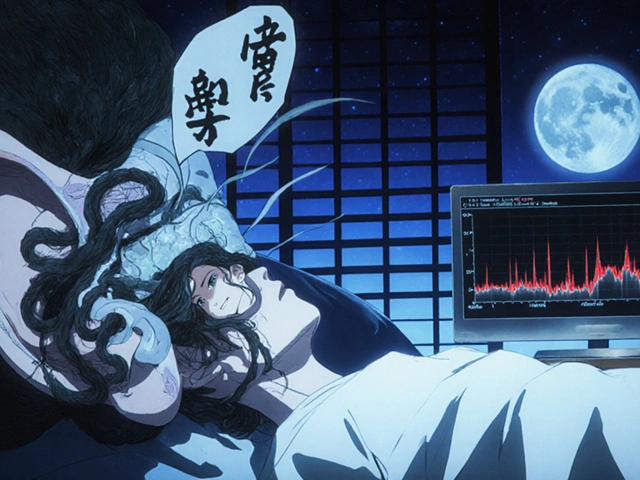Pneumonia: What to Know, Symptoms, and How to Take Action
Pneumonia isn’t just a bad cough. It’s a serious infection that messes with your lungs and can knock you off your feet fast. Whether it’s caused by bacteria, a virus, or even a fungus, what matters most is spotting the signs early and knowing what steps to take.
So how do you know if it’s just a cold, or something like pneumonia? Watch out for fever, chills, a cough that just won’t quit, and sometimes pain in your chest when you take a deep breath. Some folks also feel super tired, sweat at night, or find it hard to breathe. Elderly people, or those with health conditions like asthma or COPD, might not get the usual symptoms—instead, they could just feel unusually weak or confused.
If you’ve started Googling treatments, you’ll see everything from antibiotics to simple rest and hydration. The trick is: there’s no one-size-fits-all fix. Bacterial pneumonia needs prescription antibiotics, while viral types don’t respond to those meds. Sometimes a test (like a chest x-ray or sputum culture) is the only way to know for sure what’s behind it.
Treating pneumonia at home sounds nice, but don’t gamble if things get serious. Shortness of breath, high fevers, or lips turning bluish? Skip the home hacks and get medical help right away. If you’re prescribed medicine—like Medrol to curb swelling or antibiotics such as erythromycin—follow the directions closely. Missing doses or stopping early makes things worse or lets the infection bounce back stronger.
One thing not enough people talk about: pneumonia prevention. Staying up to date on shots, like the flu and pneumococcal vaccines, really lowers your risk. If you smoke, quitting makes a huge difference for your lungs. Wash your hands, don’t share drinks, and steer clear of crowds when bugs are going around.
Searching for pneumonia meds online? Use real, licensed pharmacies. Our site breaks down how to spot the safe sources and what to watch out for (nobody should accept sketchy internet pills). We also review common medications, explain side effects, and share tips for affordable care.
If you’re caring for someone with pneumonia, keep them hydrated, watch for any signs they’re getting worse, and help with medication reminders. Don’t be afraid to call a doctor with new symptoms, even if they seem small—changes can happen pretty quick with this illness.
Want the real stories, treatment choices, and answers to the stuff doctors don’t cover in a one-minute chat? Keep browsing this tag for practical, up-to-date advice from people who get what you’re going through. Pneumonia is common, but it’s never routine—every case is different, so stick with info that respects what you’re facing, not cookie-cutter advice.

Bromhexine's Role in Treating Pneumonia: What You Need to Know
Bromhexine is a medication that plays a significant role in treating pneumonia by helping to clear mucus from the respiratory tract. This article explores its effectiveness, usage, and potential benefits. You'll learn why bromhexine is often recommended for managing symptoms like cough and congestion in pneumonia patients. Additionally, the article provides practical tips on using bromhexine effectively to support recovery. Discover how this medication can be an essential part of pneumonia treatment.




